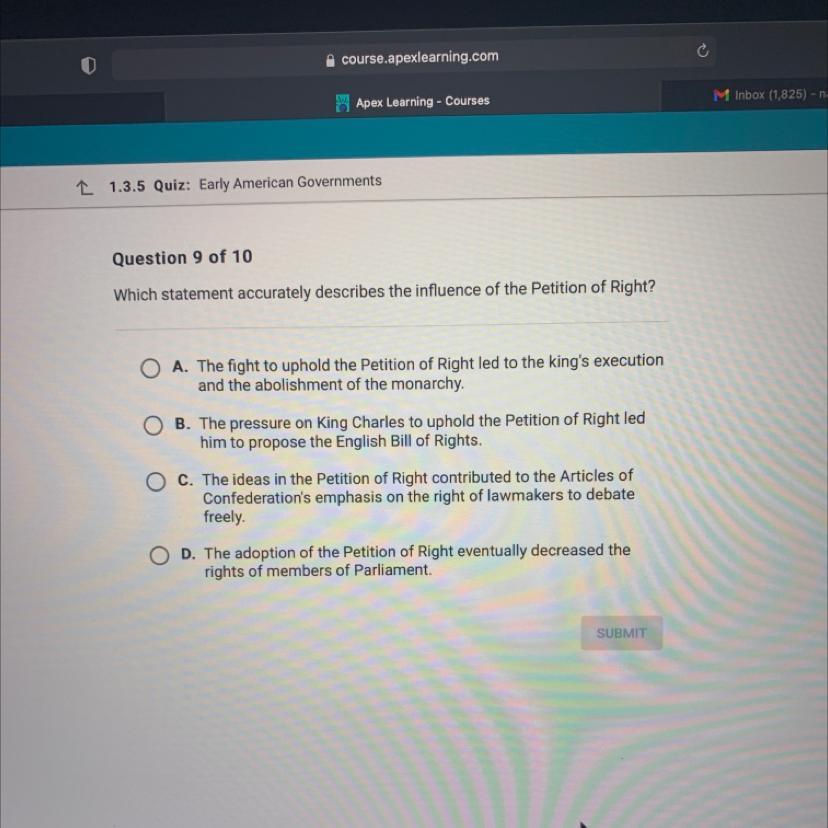Which statement best describes a college education? Your education does not determine your earning potential. The most important factor in your success in college is to know and understand your strengths and weaknesses. The following scenarios are based on real life situations. In this example, Tiffany is working at a public college, reporting to the School Principal. Bernardo is an administrator, hearing about problems and implementing strategies to deal with them. Which statement best describes Tiffany’s situation?
Earning potential is not affected by education level
While the average salary of a college graduate is higher than that of a high school graduate, earning potential isn’t directly related to degree level. Earning potential varies according to occupation and field. It also depends on the individual’s skills and professional development. However, earning potential is still higher with a bachelor’s degree, as individuals with at least a bachelor’s degree earn on average 84% more than individuals with only a high school diploma.
The study uses rich longitudinal data, which contain earnings information for an extensive portion of a person’s working life. The study also employs a semi-synthetic cohort method to determine expected net lifetime earnings for workers of different educational levels. This makes the results relevant for policy analysis and social science theories. Further, this study can help individuals decide on whether to pursue further education. As a result, it can help people make better decisions about their future career and education.
Unsubsidized federal loans are not subsidized
Federal student loans are subsidized by the government and allow you to take advantage of a variety of perks. These benefits include deferment, forbearance, income-driven repayment plans, and even student loan forgiveness. However, they do not always cover the entire cost of a student’s education. If you are not planning to complete your college education using a federal student loan, you can refinance it. However, you will lose some of these benefits once you refinance it.
Undocumented immigrants frequently pursue advanced degrees
Though undocumented immigrants face many challenges while pursuing an advanced degree, they have the right to pursue it in the United States. While these students may face more challenges and a lower graduation rate than legal students, they do have access to support networks and resources. Undocumented immigrants should look for a university with an ally network. Several top colleges have resources to support undocumented students on campus. They may include law and equity centers as well as counseling services for undocumented students.
After graduating from high school, undocumented immigrants often face an uncertain future. While enrolled in college, undocumented immigrants may be restricted from receiving federal financial aid. Unlike legal residents, these individuals cannot receive Pell grants, loans, or work study. Because of this, they have to pay for their education. As a result, many of them struggle to meet expenses. If they have a family, they can help them pay for college.

